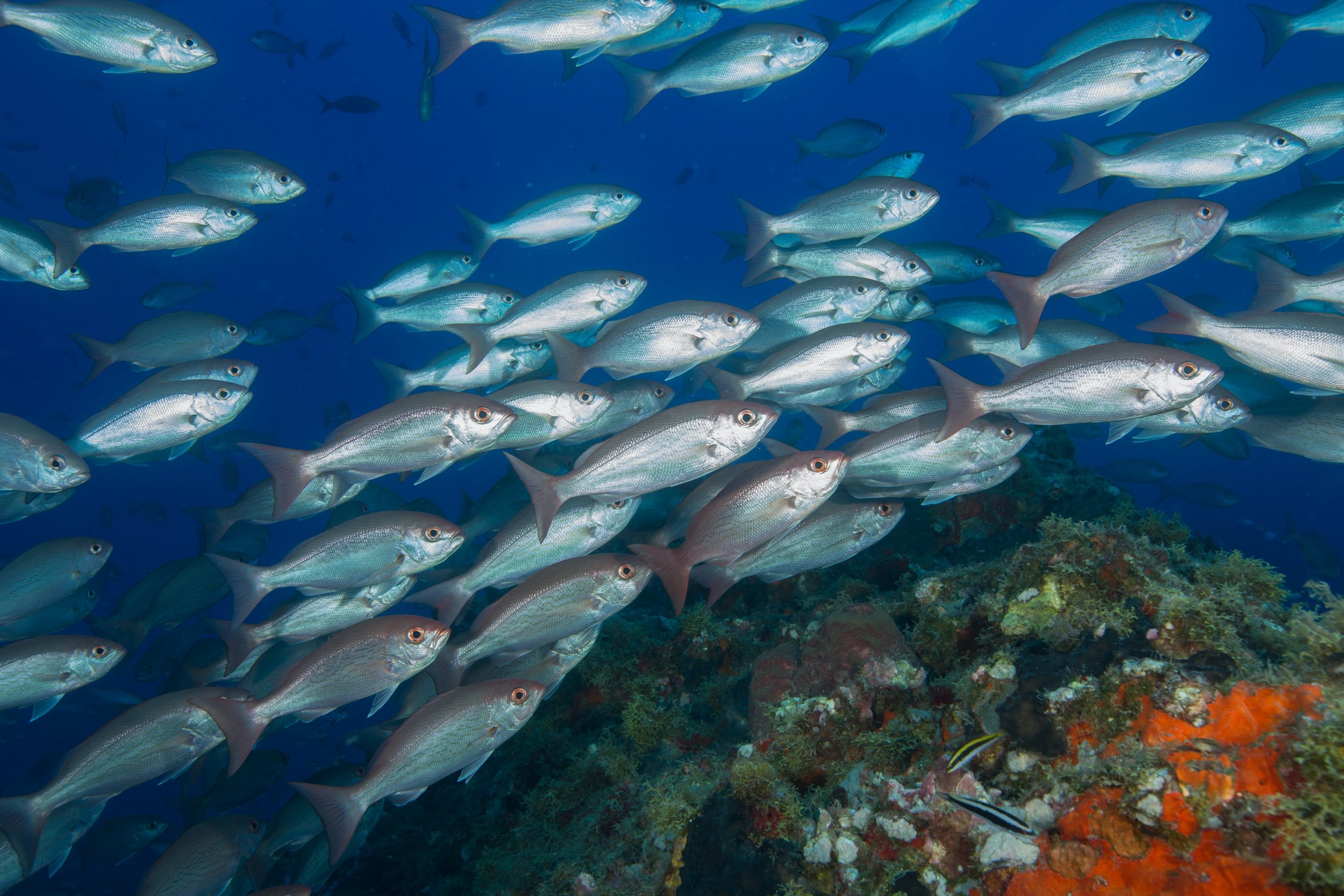
News and submissions
Protecting our coastal wetlands - our submission to MfE
Our submission to the Ministry for the Environment on their proposed changes to provisions for wetlands in the coastal marine area (CMA).
“Managing our Wetlands” and Technical Amendments - ELI’s Submission
Our submission to Ministry for Environment on the 2022 Exposure drafts of the NPS-FM and NES-F: “Managing our Wetlands” and Technical Amendments.
Leveraging wetlands in NZ’s climate change response
Our submission to MfE on why we must prioritise the restoration and conservation of wetlands and peatlands into our emissions reductions approach.
Living up to our international fisheries obligations: our submission to FNZ
With an EEZ that occupies a relatively generous share of the world’s oceans, New Zealand lags behind other countries in its adoption of international standards and norms. This consultation provides the perfect opportunity for New Zealand to do a stock take against international developments in fishing over the past 25 years, redress the current inadequacies in the Fisheries Act (we have suggested two), and fully implement the international obligations we have signed up to on the world stage.
Our submission on the EPA’s reassessment of organophosphates (OPs)
These OPs are the main components of widely used insecticides, pesticides and herbicides in NZ. They have been banned in numerous jurisdictions including the EU and US, due to evidence of significant adverse environments on people and the environment. However, there is an almost complete lack of evidence on the effects of these OPs on NZ’s environment, indigenous taxa and habitats. There is also a lack of evidence on the benefits and economic costs of continuing/discontinuing their use. In ELI’s view, this evidence is crucial to undertaking an informed reassessment. Without it, the EPA should follow the HSNO Act and apply a precautionary approach to its regulation of these hazardous substances.
Following the Aichi failures, how will the world meet its biodiversity targets?
Biodiversity underpins the wellbeing of all life on Earth. Following the failed Aichi targets of 2010, how can we ensure that the targets set out in the Post-2020 Global Biodiversity Framework are stronger and more effective?






